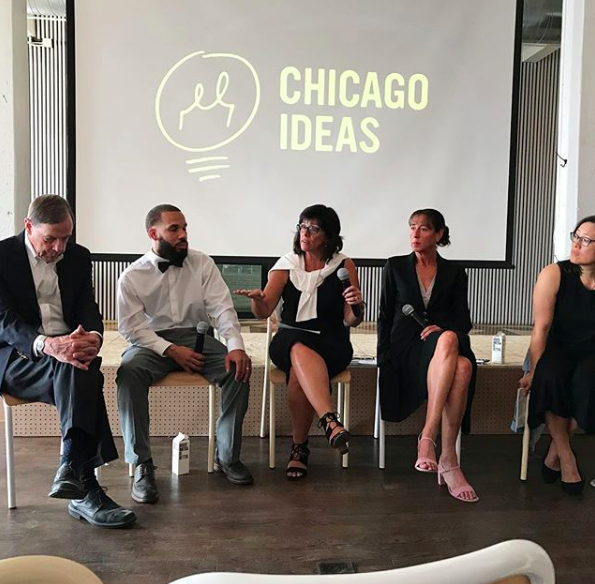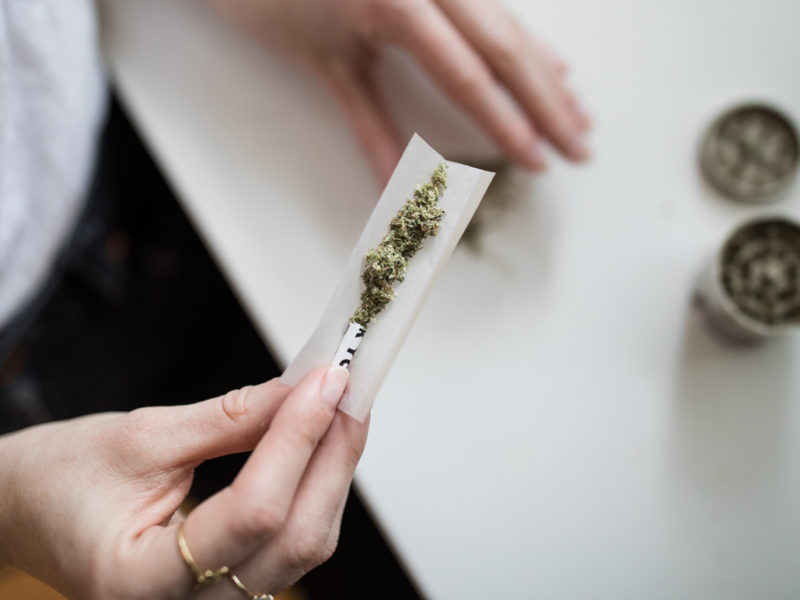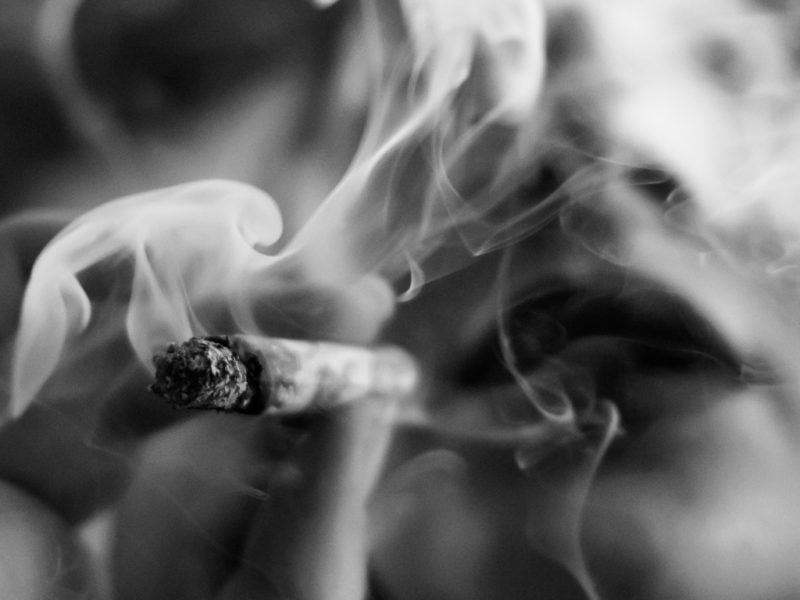
Five Things You Might Not Know About Cannabis Legalization
This week we sat down with Monica Eng of WBEZ and a panel of experts for a roundtable discussion at Low Res Studio on the legalization of Cannabis, and how that may affect both businesses and individuals in Illinois. We heard from Rose Ashby, the field director for State Senator Heather Steans, who co-sponsored a bill to legalize recreational cannabis in Illinois; Wendy Berger, the president and CEO of WBS Equities and the director of Green Thumb Industries; Reverend Al Sharp, the executive director of Clergy for a New Drug Policy; and Donte Townsend, the communications director of Chicago NORML, whose mission is to move public opinion sufficiently to legalize the responsible use of marijuana by adults, and to serve as an advocate for consumers to assure they have access to high quality marijuana that is safe, convenient and affordable. This discussion left us feeling informed and enlightened. Here are the top five eye-opening takeaways from our time together:
Decriminalization and legalization are two very different concepts.
This may seem like a no-brainer on the surface, but Reverend Al Sharp explained it best. He compared decriminalization to a parking or driving violation. While a marijuana offense wouldn’t be an end all for your criminal record — and in most cases doesn’t affect your record at all — it can still leave you with costly consequences. Legalization, however, would eliminate these consequences, while allowing for regulations to be put in place for safe and supervised consumption, much like our nation’s relationship with alcohol and tobacco.
A legalized Cannabis industry could mean big money for the state of Illinois.
There’s an opportunity to raise up to $700 million dollars a year on legalized marijuana sales, but there’s still work to be done to ensure that these funds are spent fairly and equitably. For example, how do we make sure that communities plagued by drug arrests and convictions see the fruits of this industry once sales are legal?
Legalization of marijuana might not change your day-to-day.
Individuals in positions of authority, like employers, educators, landlords, and more, will still have the final say when it comes to the rules for use in their facilities and organizations, much like the smoking of cigarettes. The same goes for access granted to minors. The experts who spoke at our roundtable expect that legalization will make way for regulations similar to those in place for cigarette and liquor sales; if you’re caught selling to a minor, your license is revoked.
If you have a drug conviction — marijuana-related or not — you can’t work in a medical dispensary or even get a medical card.
So those people who potentially know the most about cannabis may have the hardest time gaining employment in the field when sales become legal. This makes a strong argument for the development of an expungement plan for individuals who have faced jail time for recreational use.
Legalization will make way for more research and support.
During our conversation we heard from audience members who had questions about how legalization will shift the way that marijuana is approached in the medical world — namely as it relates to use in alleviating behavior and emotional health issues — in comparison to drugs that are currently deemed safe and legal. The overwhelming response from our panel was that legalization would make way for more research, which will lead to different (read: better) avenues for education across all industries.




